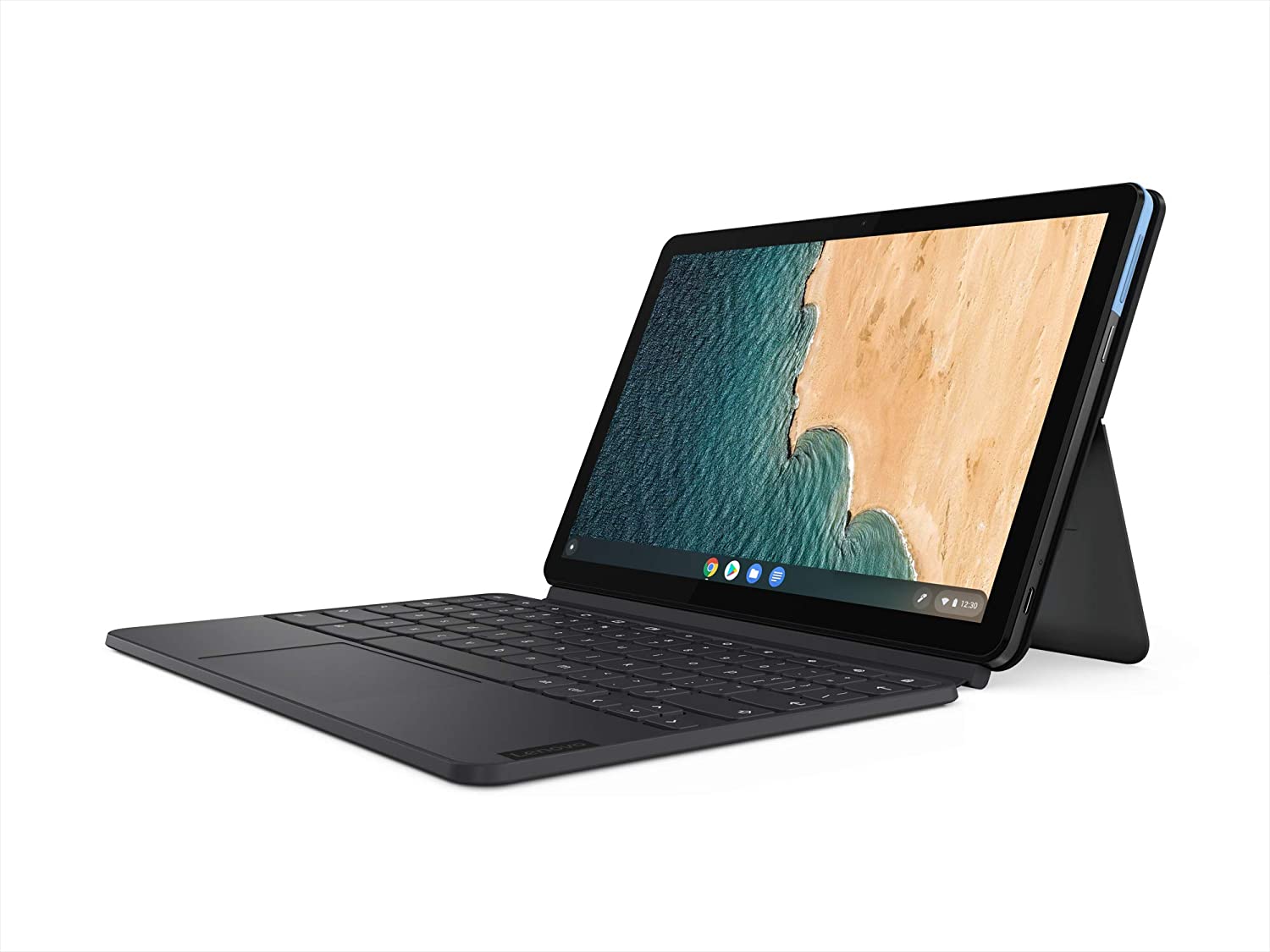

It doesn't offer Tor-over-VPN, it only offers split tunneling on Android, and it can't even unblock Netflix. It holds a paltry 23 server locations from which you can't manually choose your server or even a city. But it's also a Canadian business owned by US-based McAfee, so if you're looking for subpoena-proof international privacy, you're playing with fire. And yes, like some of its competitors, it offers yearly transparency reports and has been audited independently. Sure, TunnelBear's speeds are reasonable. But when I look at TunnelBear after a year spent under the hoods of its VPN competitors, I just don't get the excitement.

It was touted by Wirecutter as the New York Times' top virtual private network pick for several months through 2020, US News and World Report ranked it 6th for the year, and PC Magazine and TechRadar liked it too. TunnelBear's gotten a lot of hype in the last couple of years.


 0 kommentar(er)
0 kommentar(er)
